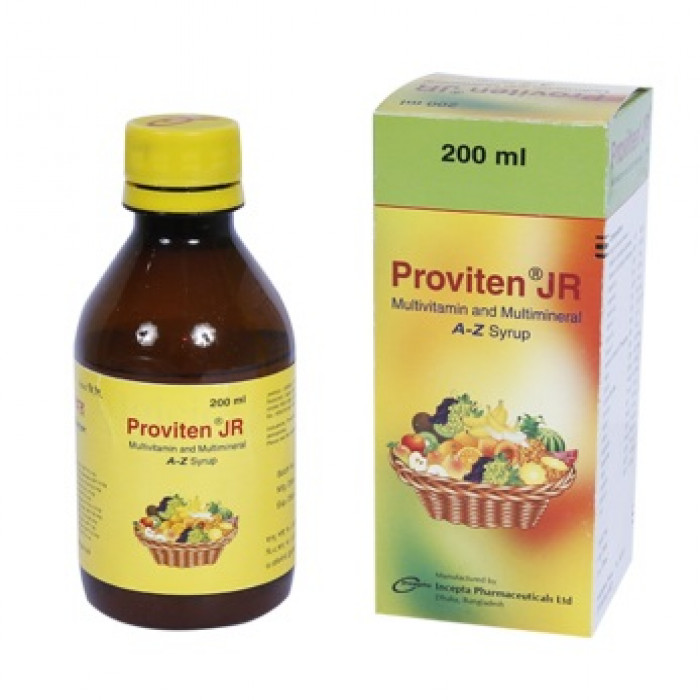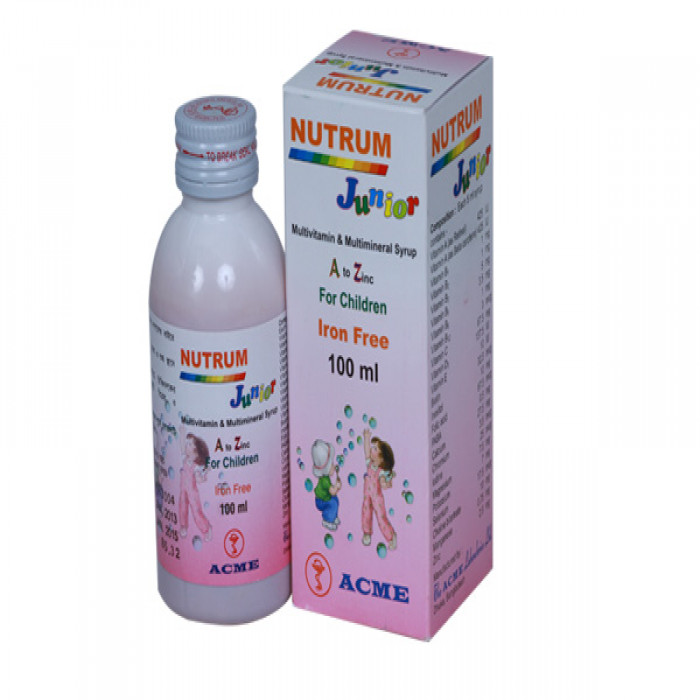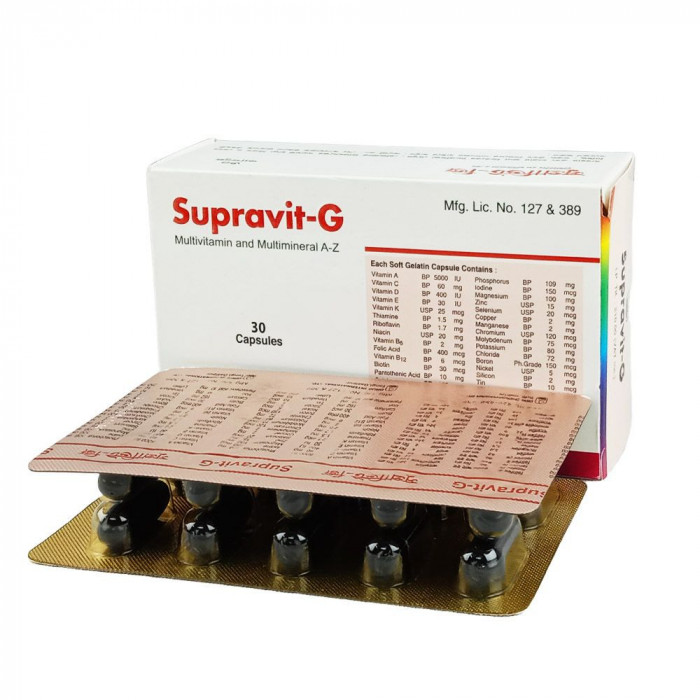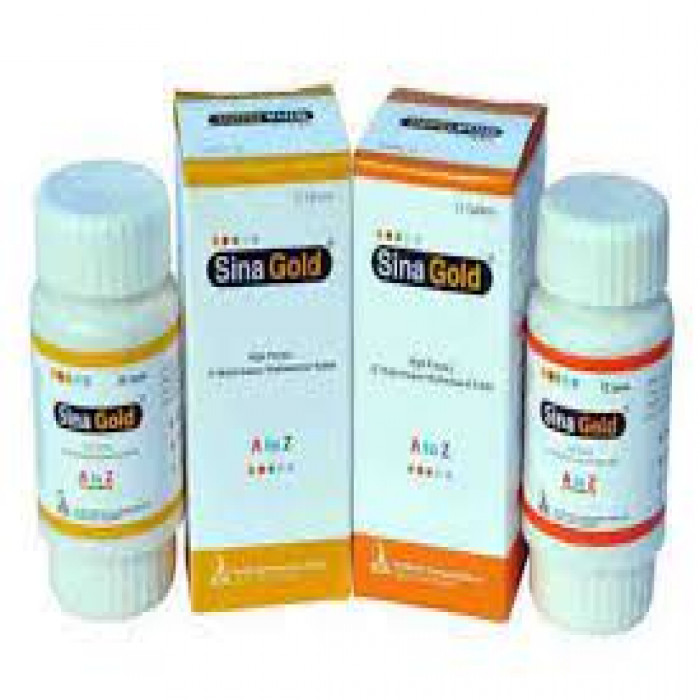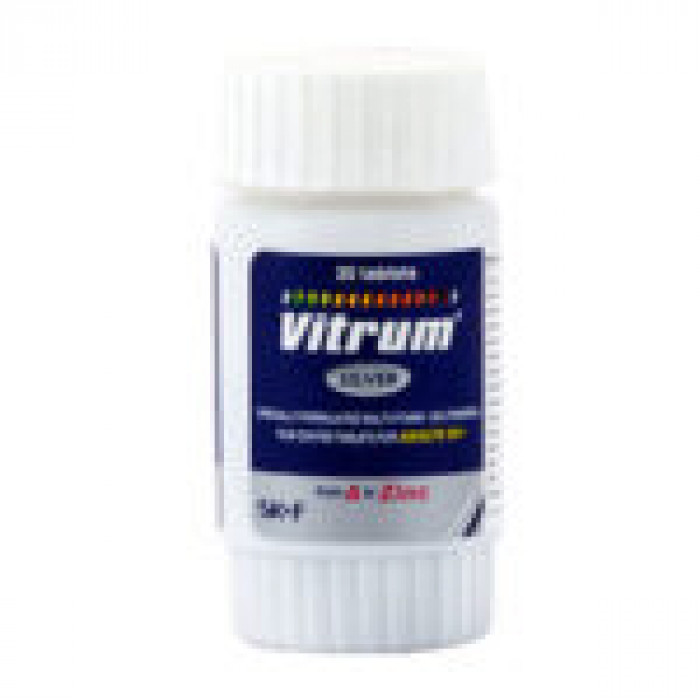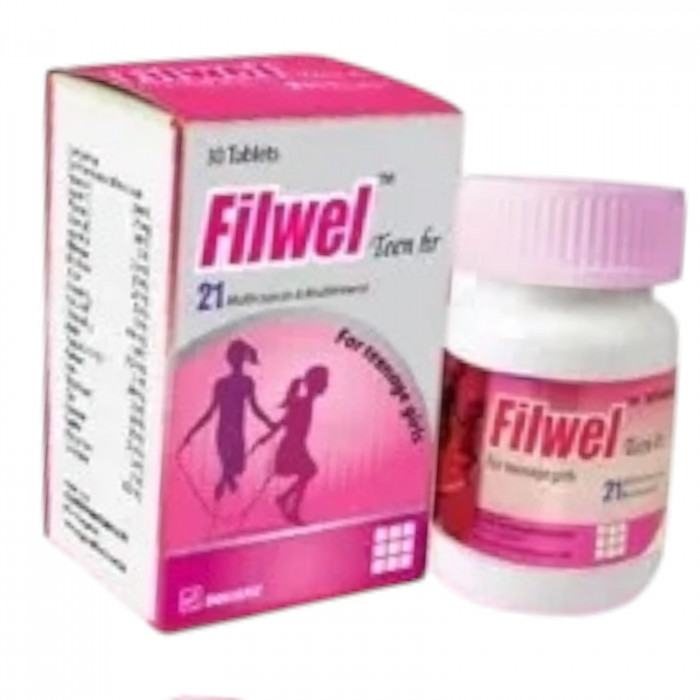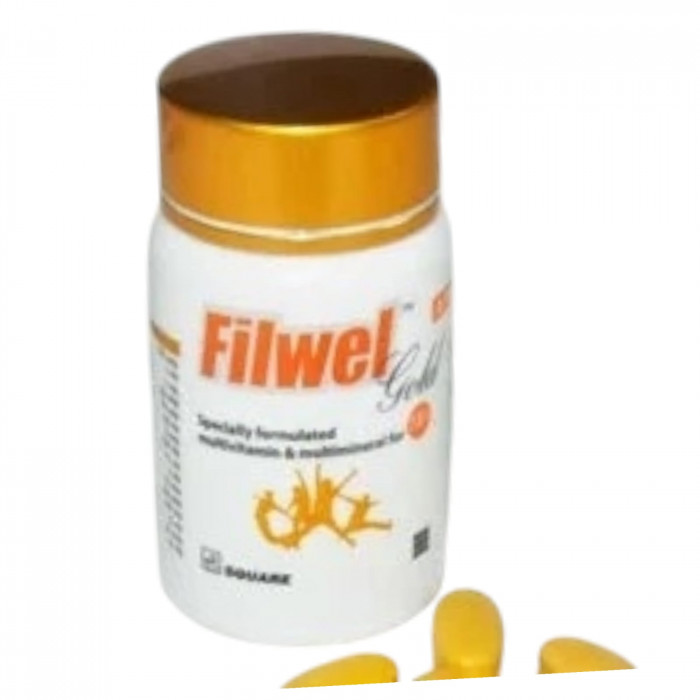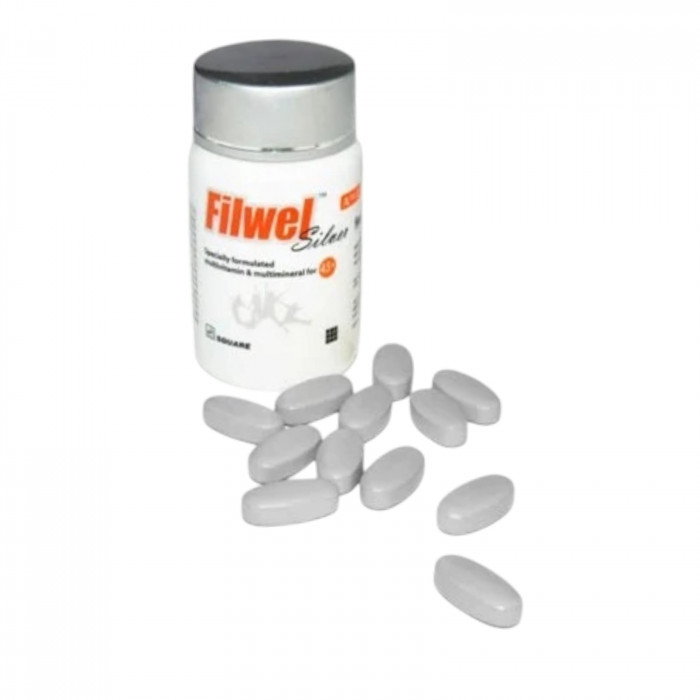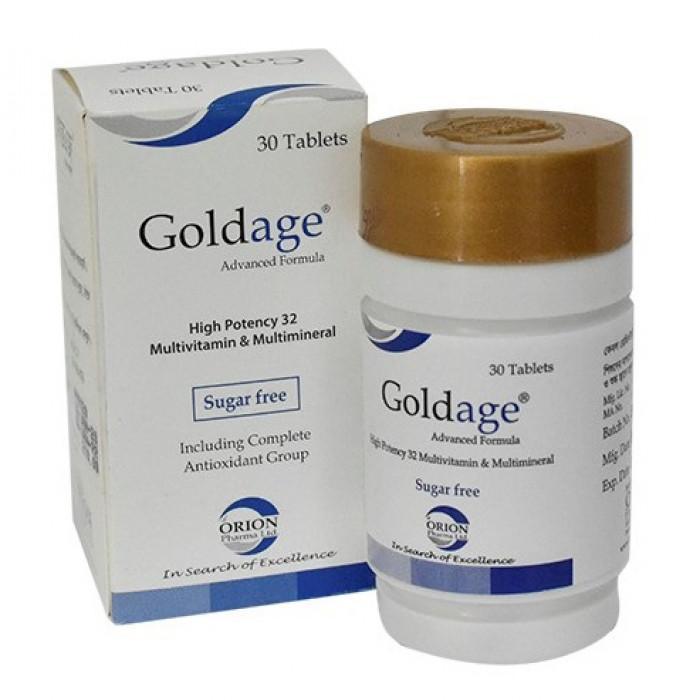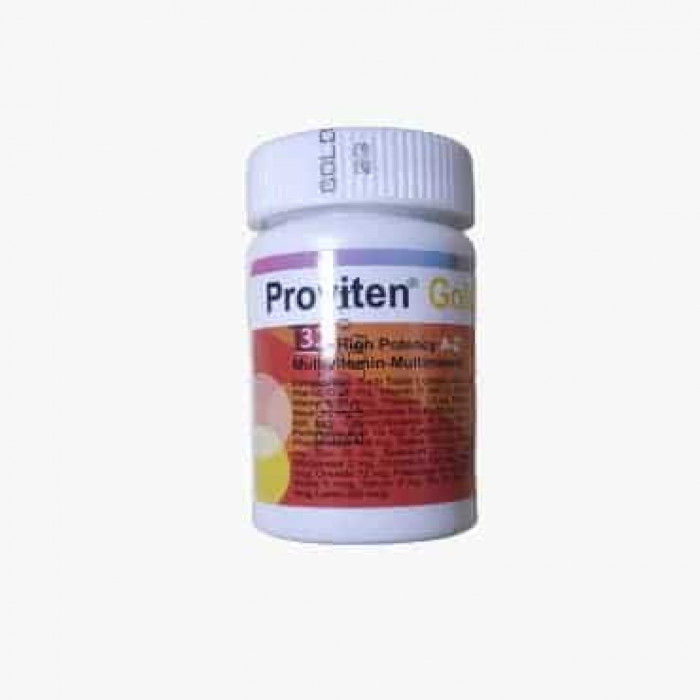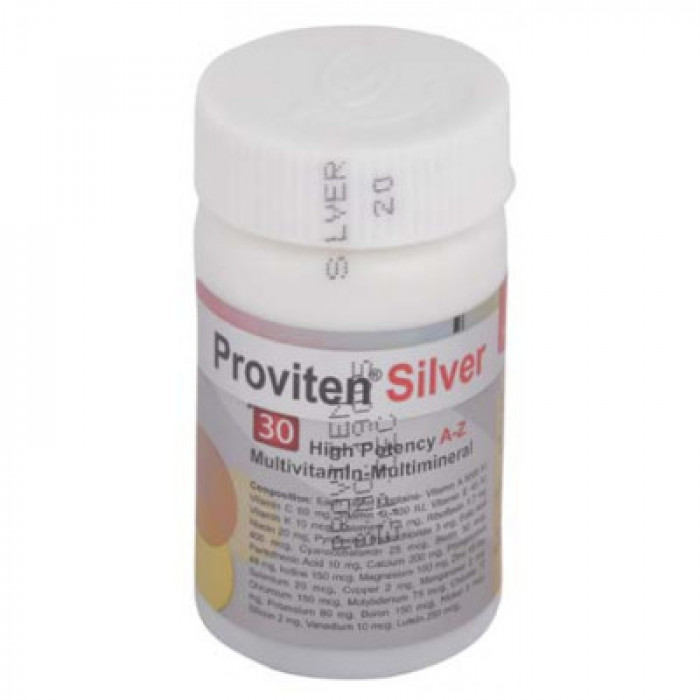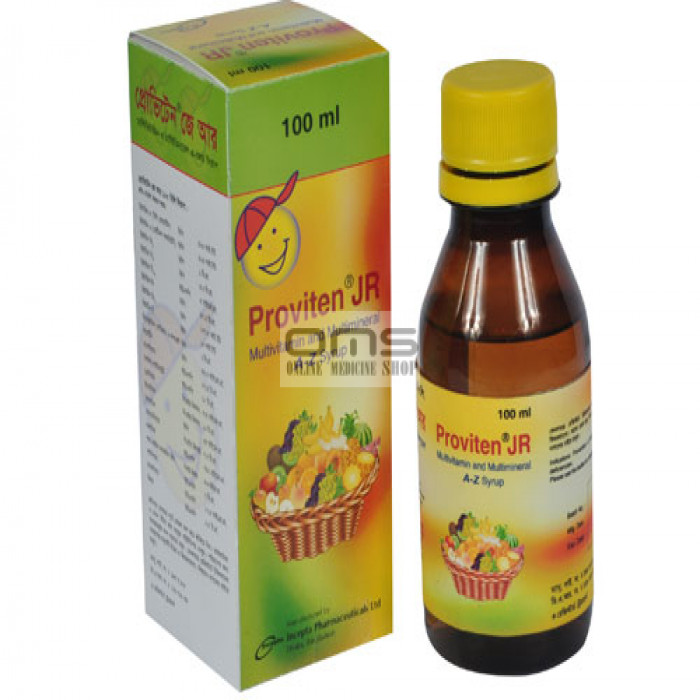✅ Description:
Indication
Treatment and prevention of vitamin and minerals deficiencies, Vitamin/mineral supplement, Intravenous preparation is indicated as a daily multivitamin maintenance dosage for infants and children aged up to 11 years receiving parenteral nutrition. It is also indicated in other situations where administration by the intravenous route is required. Such situations include surgery, extensive burns, fractures and other trauma, severe infectious diseases and comatose states, which may provoke a "stress" situation with profound alterations in the body's metabolic demands and consequent tissue depletion of nutrients.
Adult Dose
Adult : Syrup 3-4 tea-spoons daily Tablet 1-2 tablet daily.
Child Dose
Syrup Infants up to 1 year: 1 tea-spoon daily Children 1-4 years: 1-2 tea-spoons daily Children 4-12 years: 2-3 tea-spoons daily Intravenous Infants weighing less than 1 kg: The daily dose is 30% (1.5 ml) of a single full dose (5 ml). Do not exceed this daily dose. Infants weighing 1 to 3 kg: The daily dose is 65% (3.25 ml) of a single full dose (5 ml). A supplemental Vitamin A may be required for low birth weight infants. Infants and children weighing 3 kg or more up to 11 years of age: The daily dose is 5 ml.
Contraindication
Patients with a known hypersensitivity to any of the ingredients.
Mode of Action
Vitamins and minerals are essential for normal metabolic functions including hematopoiesis. Depending on ingredients in the formulaiton may support metabolic functions as well as protein and DNA synthesis.
Precaution
Supplement should not be used in over dosage. Caution should be exercised when administering this multivitamin formulation to patients on warfarin sodium-type anticoagulant therapy as it contains Vitamin K. Larger doses or supplementation with oral or parenteral vitamin E are not recommended because elevated blood levels of vitamin E may result. Additional vitamin A supplementation may be required, especially in low birth weight infants. Polysorbates have been associated with the E-Ferol syndrome (thrombocytopenia, renal dysfunction, hepatomegaly, cholestasis, ascites, hypotension, and metabolic acidosis) in low birth weight infants.
Side Effect
Generally well tolerated. However, a few allergic reactions may be seen. There have been rare reports of anaphylactic reactions following parenteral multivitamin administration. Rare reports of anaphylactic reactions have also been reported after large intravenous doses of thiamine. The risk is negligible if thiamine is co-administered with other vitamins in the B group. There have been rare reports of the following types of reactions:- rash, erythema, pruritus, headache, dizziness, agitation, anxiety, diplopia, urticaria, shortness of breath, wheezing, and angioedema
⚠️Disclaimer:
At ePharma, we’re committed to providing accurate and accessible health information. However, all content is intended for informational purposes only and should not replace medical advice from a qualified physician. Please consult your healthcare provider for personalized guidance. We aim to support, not substitute, the doctor-patient relationship.



